The 8 most undeserved promotions in football history
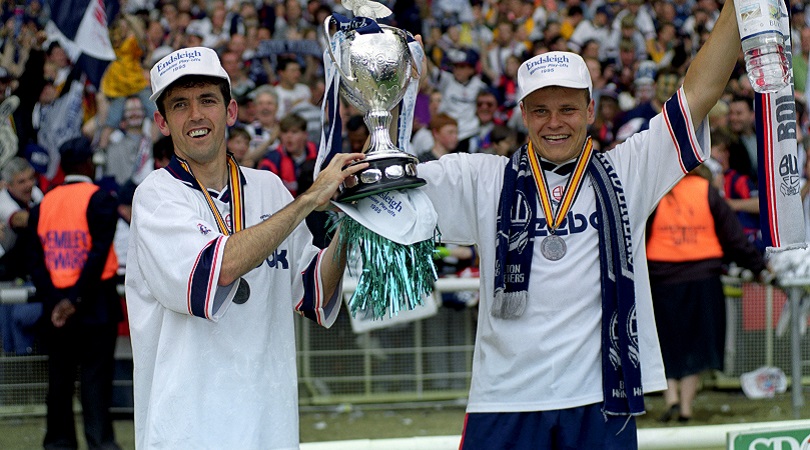
Undeserved promotions
When a tenacious team outside the top flight plays stylish football all season and finishes the campaign head and shoulders above the rest, it’s difficult to claim their promotion was undeserved. Football isn’t always fair, though, as this slideshow proves…
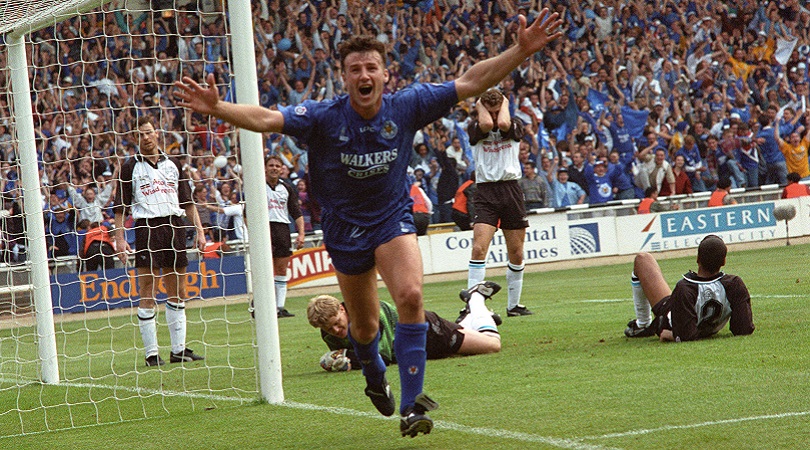
8. Leicester, 1994
Leicester fans must have felt a sickly sense of déjà vu during their 1994 First Division play-off final against Derby when Tommy Johnson fired the Rams in front. The Foxes had fallen at this same hurdle two seasons running, losing to Blackburn in 1992 and Swindon the following year.
They probably should have lost this one too. Brian Little’s side eventually turned the game around and ended their Wembley hoodoo, however, thanks to a double from Steve Walsh – but not without courting controversy along the way. The Leicester equaliser should have been ruled out for a foul on Derby goalkeeper Martin Taylor, and Simon Grayson was lucky to avoid a straight red card on the hour mark.
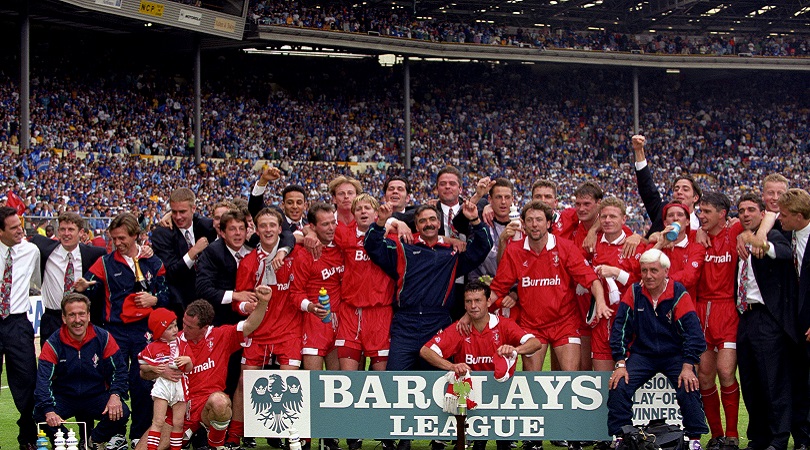
7. Swindon, 1993
Swindon and Leicester’s seven-goal Wembley showdown is often cited as the greatest play-off final of all time. After a quiet first half, Swindon headed into the break with a slender 1-0 lead thanks to a goal from player-manager Glenn Hoddle. The Robins scored twice more soon after the restart, before Leicester mounted a stunning comeback to draw level.
The momentum was with the Foxes at that point, but their top-flight ambitions were derailed when goalkeeper Kevin Poole was harshly adjudged to have fouled Steve White in the area. Paul Bodin stepped up and buried the spot-kick that fired Swindon to the Premier League.
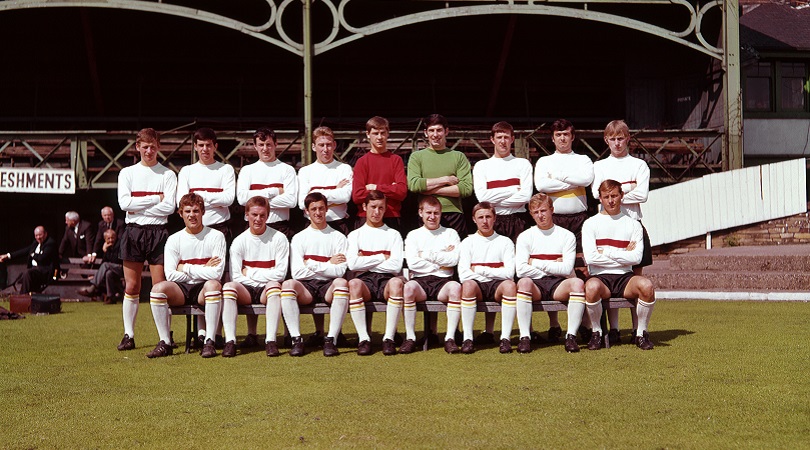
6. Rochdale AND Bradford, 1969
Successful promotion campaigns usually involve attractive football, lengthy winning sprees and consistently outclassing the opposition, but that wasn’t the case where Rochdale and Bradford were concerned during the 1968-69 season.
Both sides won automatic promotion from the old Division Four with more draws than wins, ending the campaign with identical records of 18 wins, 20 stalemates and eight losses. These were the days of two points for a victory, when defensive solidity was better rewarded – Rochdale, indeed, shipped a league-low 35 goals and came out with a league-high goal average of 1.943.
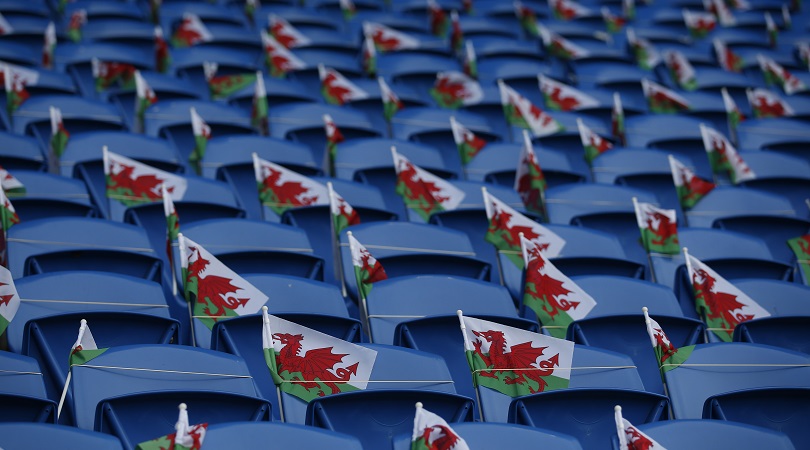
5. Ruthin Town, 2016
It must really sting when a table-topping season ends not in promotion but a red-tape barrier blocking your path to the division above. That’s what happened to Welsh outfit FC Nomads during the 2015-16 campaign, when they won the Welsh National League Premier only to be told their ground was unsuitable for the nation’s second flight.
This meant that Ruthin Town, who finished as runners-up behind the Flintshire outfit by three points (and 25 fewer goals scored), were promoted to the Huws Gray Alliance in their place.
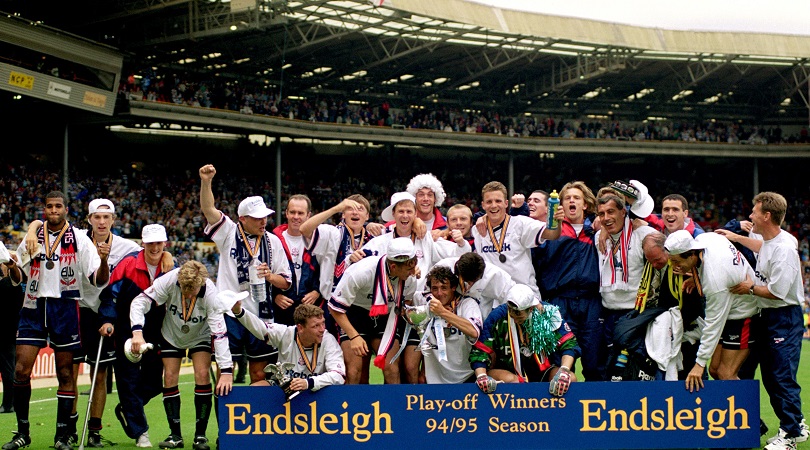
4. Bolton, 1995
Reading fans should still feel aggrieved that their side was denied entry into the Premier League despite finishing second in the First Division in 1995. A runners-up spot would have sufficed any other season, but the Royals were forced to contest three play-off fixtures thanks to the Premier League’s downsizing from 22 teams to 20 the following year.
To make matters worse, Jimmy Quinn and Mick Gooding’s side should have put their play-off final against Bolton to bed just after the half-hour mark. Leading 2-0, they missed the chance to make it three from the penalty spot and went on to lose 4-3 in a play-off they were unfortunate to even be taking part in. Then again, hats off to Bolton for the comeback – and perhaps we shouldn't be too surprised the Royals missed that penalty: only nine second-tier sides scored fewer goals that term.

3. Douglas Warriors, 2009
Zimbabwean football doesn’t get a great deal of press, but second-tier champions Simba Stars made a few international headlines in 2009 – for all the wrong reasons, after they were caught up in match-fixing controversy.
The Shamva outfit won the Northern Region Division One that season (on goal difference) and were preparing for life in the country’s top flight when the scandal hit. But the Stars were docked 20 points and had their Premiership status revoked after it was discovered that they’d bribed Kadoma United ahead of their final game.
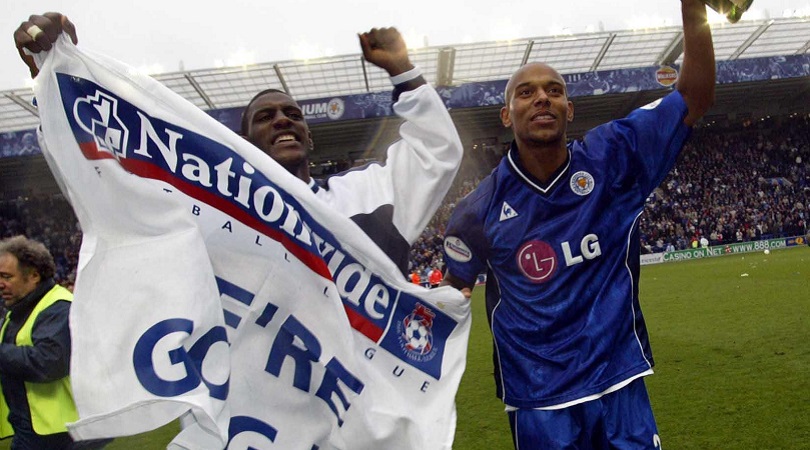
2. Leicester, 2003
As the 2002-03 campaign kicked off, Leicester were mired by financial turmoil off the pitch and still licking their wounds from top-flight relegation. The Foxes went into administration in October 2002 with debts of £30m, but with no point deductions for punishment in those days, they sealed promotion as runners-up.
“I find it quite immoral that they’ve been allowed to do what they’ve done off the field,” said Sheffield United manager Neil Warnock. “Otherwise, everyone who has huge debts will do exactly the same and it leaves clubs like ourselves – who run a tight financial ship – at a huge disadvantage.”
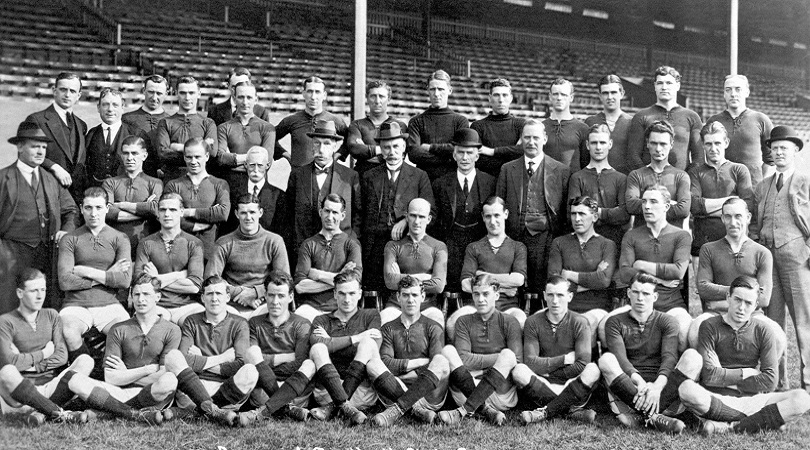
1. Arsenal, 1919
The year was 1919, the dust from the First World War was still settling and the English top flight was exploring proposals to expand the division from 20 teams to 22. The plan was for two clubs from the league below to be promoted as usual, while two relegated sides would be re-elected to the First Division.
But that isn’t what happened. Nope: Arsenal’s dastardly owner Henry Norris got to work charming the FA committee members, arguing that the club’s considerable support and “long service to league football” should fall in their favour. It worked: the Gunners had finished fifth in the second tier, but still replaced the 20th-placed team in the First Division – Tottenham Hotspur.

Greg Lea is a freelance football journalist who's filled in wherever FourFourTwo needs him since 2014. He became a Crystal Palace fan after watching a 1-0 loss to Port Vale in 1998, and once got on the scoresheet in a primary school game against Wilfried Zaha's Whitehorse Manor (an own goal in an 8-0 defeat).
